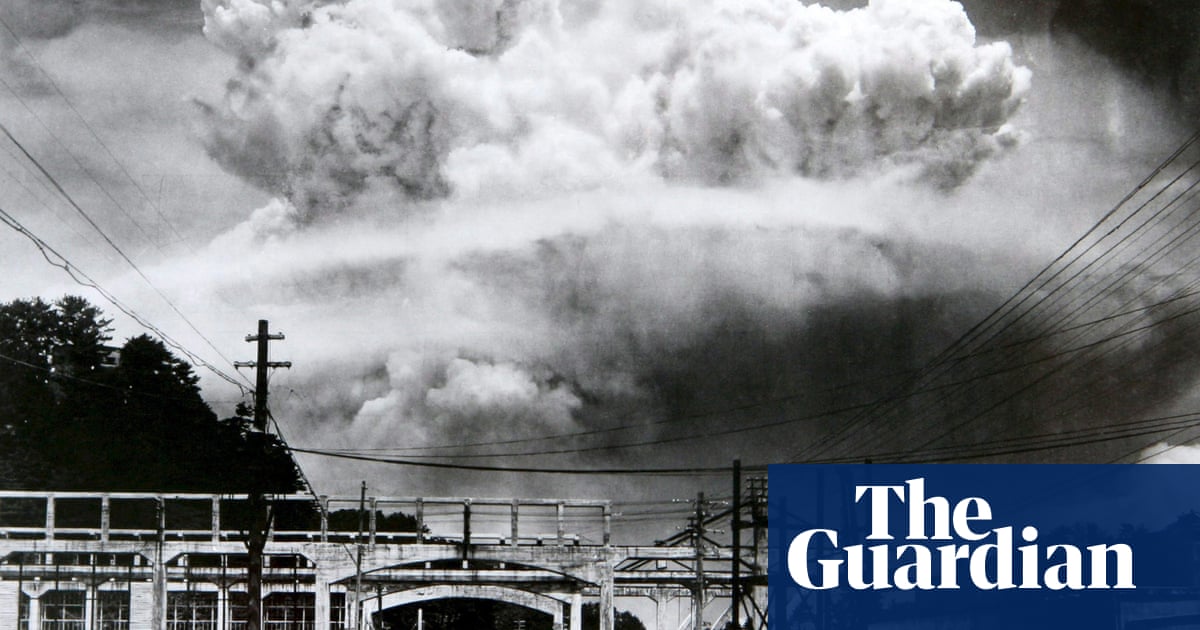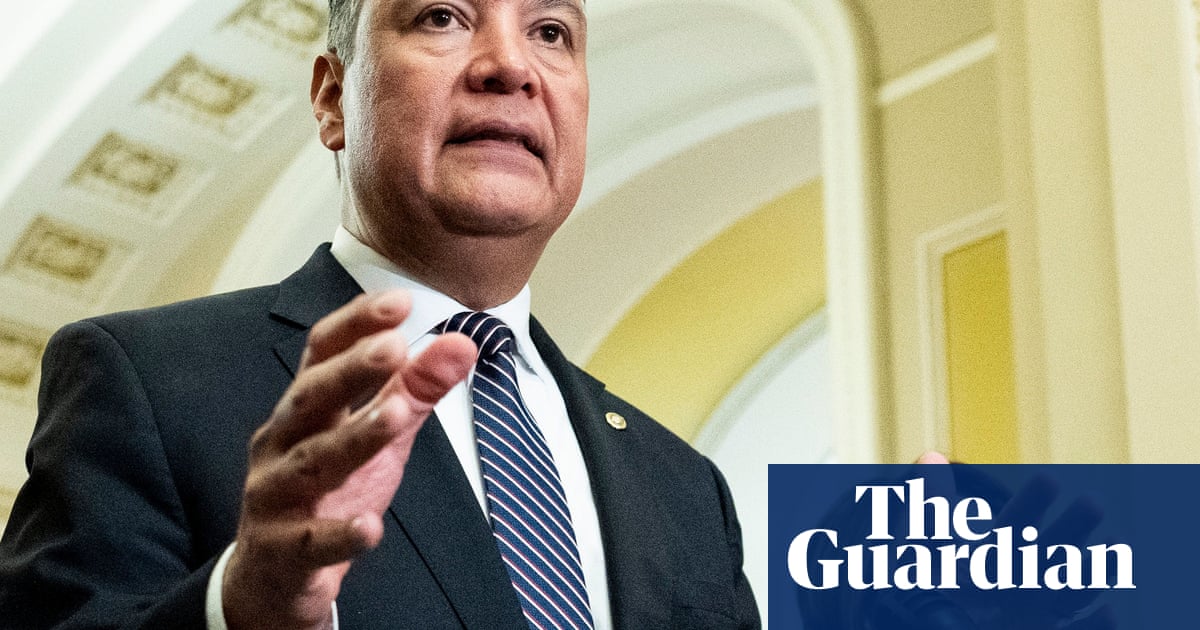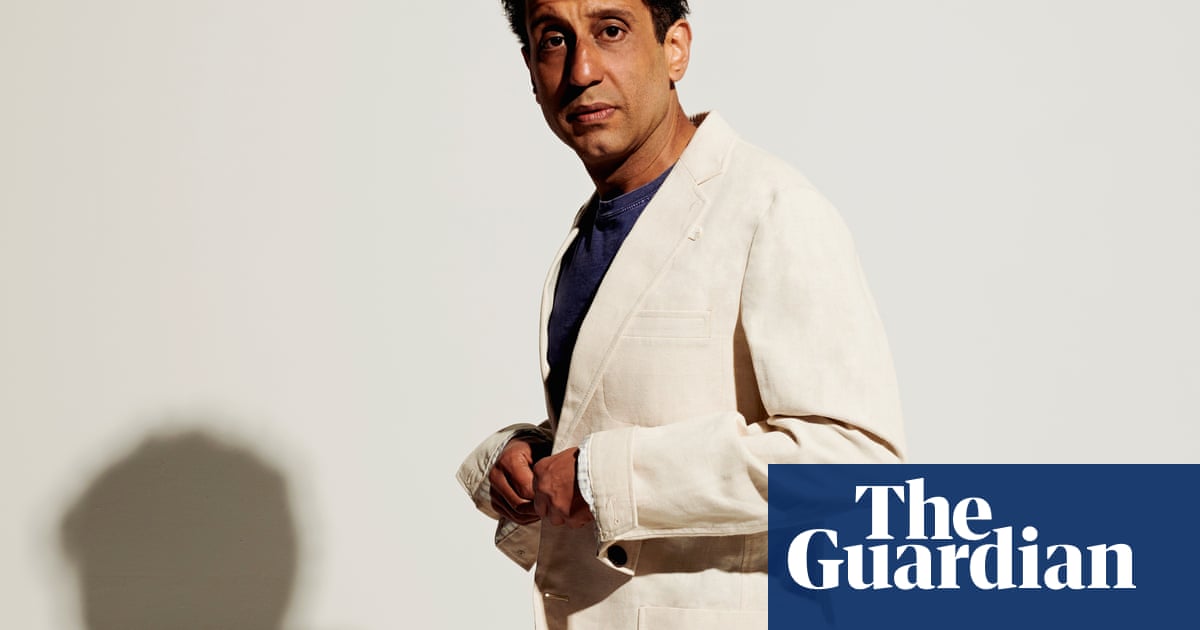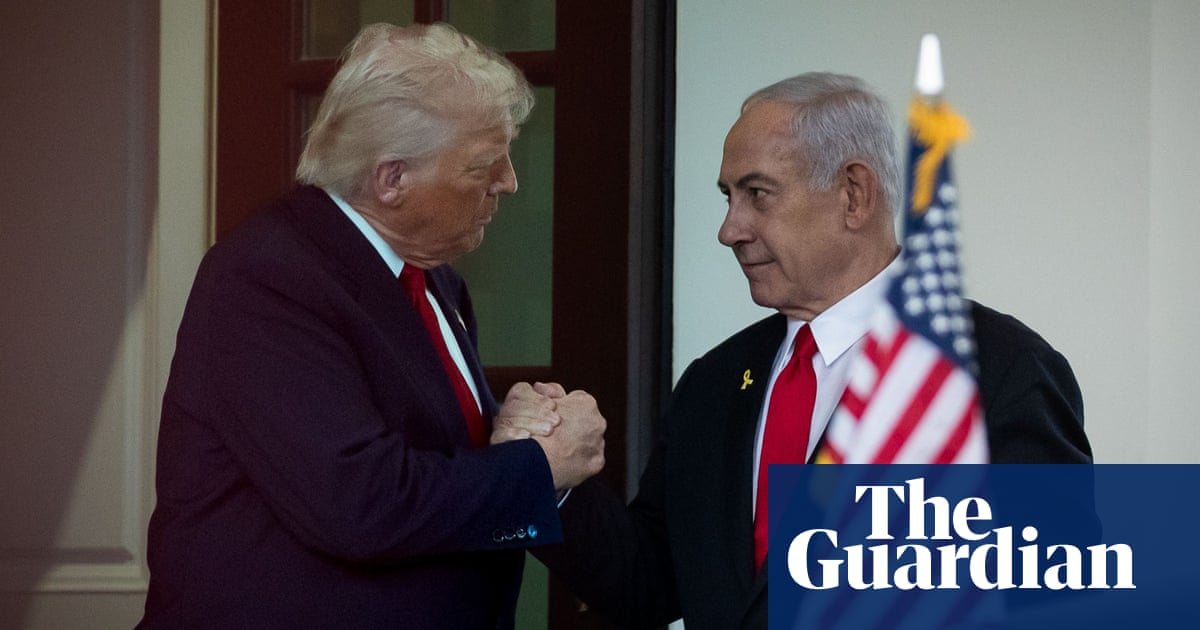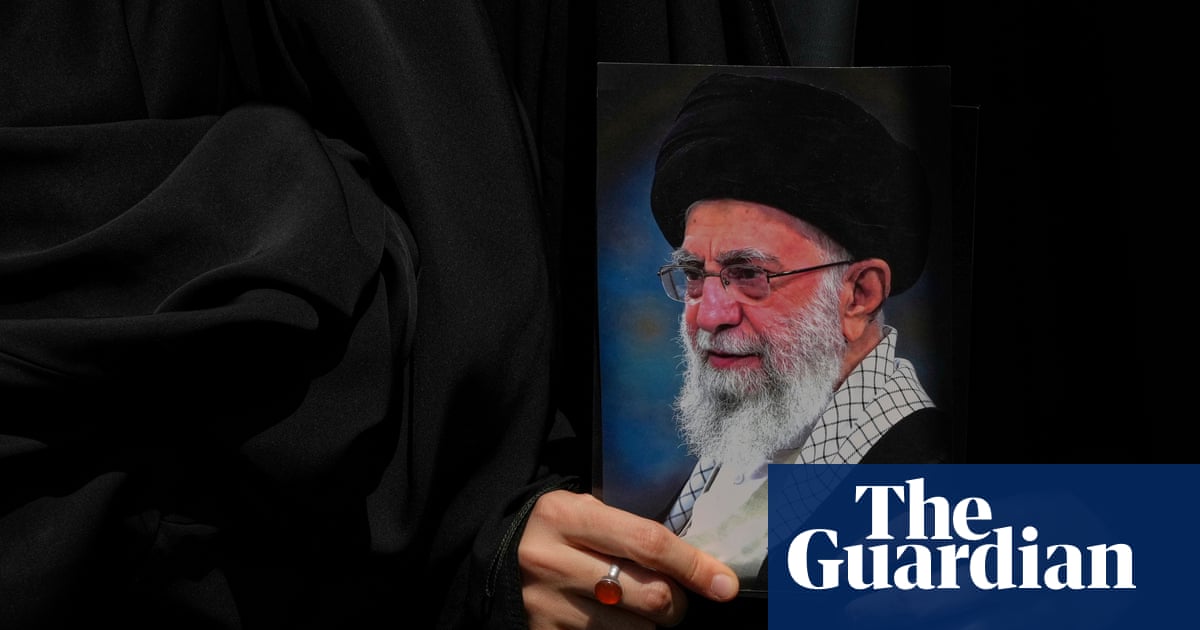Donald Trump on Saturday said on national television that the US had bombed and destroyed three nuclear sites in Iran, directly joining Israel ’s effort to destroy the country’s nuclear program in a risky gambit to weaken a longtime foe amid Tehran’s threat of reprisals that could spark a wider regional conflict.
“Our objective was the destruction of Iran’s nuclear enrichment capacity and a stop to the nuclear threat posed by the world’s number one state sponsor of terror,” Trump said in a speech from the White House. “Tonight, I can report to the world that the strikes were a spectacular military success. Iran’s key nuclear enrichment facilities have been completely and totally obliterated.”
The strikes hit uranium enrichment sites at Fordow, Natanz, and Isfahan, Trump said. He warned Iran away from retaliating against US targets in the region, promising that further US strikes would be even more deadly.
“There will be either peace or there will be tragedy for Iran far greater than we have witnessed over the last eight days,” Trump said. “Remember, there are many targets left. Tonight’s was the most difficult of them all by far, and perhaps the most lethal. But if peace does not come quickly, we will go after those other targets with precision, speed and skill.”
The Israeli prime minister, Benjamin Netanyahu, hailed the strikes on Sunday morning in Israel. “Congratulations, President Trump, your bold decision to target Iran’s nuclear facilities with the awesome and righteous might of the United States will change history,” Netanyahu said in a video statement.

In his remarks, Trump also said that he and Netanyahu had “worked as a team like perhaps no team has ever worked before, and we’ve gone a long way to erasing this horrible threat to Israel”.
Iran’s state-run IRNA news agency early on Sunday acknowledged an attack on the country’s Fordow nuclear site.
The semiofficial Fars news agency, also close to the Revolutionary Guard, quoted another official saying air defenses opened fire near Isfahan and explosions had been heard.
Later, Iran’s atomic agency said that the country will carry on with its nuclear activities despite the US attacks on key facilities.
“The Atomic Energy Organization of Iran … will not let the path of development of this national industry, which is the result of the blood of nuclear martyrs, be stopped,” the organisation said in a statement published by state media.
The decision to directly involve the US comes after more than a week of strikes by Israel on Iran that have moved to systematically eradicate the country’s air defences and offensive missile capabilities, while damaging its nuclear enrichment facilities.
US and Israeli officials have said that American stealth bombers and a 30,000-pound (13,500-kilogram) bunker buster bomb they alone can carry offered the best chance of destroying heavily fortified sites connected to the Iranian nuclear program buried deep underground at Fordow.
Top Republicans supported Trump’s decision to launch strikes against Iran. “The military operations in Iran should serve as a clear reminder to our adversaries and allies that President Trump means what he says,” said the House speaker, Mike Johnson, in a post on X. “The President gave Iran’s leader every opportunity to make a deal, but Iran refused to commit to a nuclear disarmament agreement.”
Others quickly condemned the attack. Bernie Sanders, the senator from Vermont who had proposed legislation to require Trump to consult Congress in order to launch a strike on Iran, called the attack “grossly unconstitutional”.
“The president does not have the right,” Sanders said to cheers from a crowd in Tulsa, Oklahoma.
UN Secretary-General António Guterres also voiced concern, calling the strikes a “dangerous escalation in a region already on the edge.”
“At this perilous hour, it is critical to avoid a spiral of chaos,” Guterres said in a statement. “There is no military solution. The only path forward is diplomacy. The only hope is peace.
Earlier Saturday, Reuters had reported that B-2 bombers were being moved to the Pacific island of Guam, according to two US officials. A US official told Reuters, speaking on condition of anonymity, that those bombers were involved in the strikes on Iran’s nuclear sites.
Israel launched the attacks on Iran saying that it wanted to remove any chance of Tehran developing nuclear weapons.
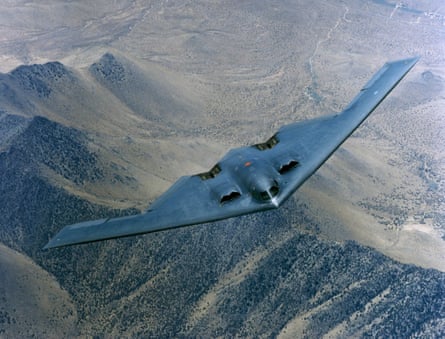
Iran has argued that its nuclear program is intended for peaceful purposes.
The strikes are a perilous decision for the US as Iran has pledged to retaliate if it joined the Israeli assault, and for Trump personally, having won the White House on the promise of keeping America out of costly foreign conflicts and scoffed at the value of American interventionism.
Trump told reporters on Friday that he was not interested in sending ground forces into Iran. He had previously indicated that he would make a final choice over the course of two weeks, a timeline that seemed drawn out as the situation was evolving quickly.
Trump spoke to Reuters in a brief phone interview on Saturday, saying Iran should “make peace immediately. Otherwise they’ll get hit again.”
According to two White House officials, Trump and Netanyahu, spoke after the US conducted strikes on Iranian nuclear sites.
Iran’s supreme leader Ayatollah Ali Khamenei warned on Wednesday the US that strikes targeting the Islamic Republic will “result in irreparable damage for them”.
And Iranian foreign ministry spokesperson Esmail Baghaei declared: “Any American intervention would be a recipe for an all-out war in the region.”
Prominent members of the Trump administration had also professed opposition to a US intervention in Iran, although they appeared to have been outmanoeuvred by hawks who convinced Trump to go forward with the strike.
JD Vance in a call with senior Israeli officials on Saturday said that the United States should not be directly involved and that Israel was going to drag the US into the war, Reuters reported. Publicly, the vice-president has limited his criticism of the potential for a US strike against Iran.
The director of national intelligence, Tulsi Gabbard, had also voiced skepticism that Iran was seeking to make a nuclear weapon, and current and former senior Pentagon officials are also said to be strongly opposed to the strikes.

 9 hours ago
7
9 hours ago
7



